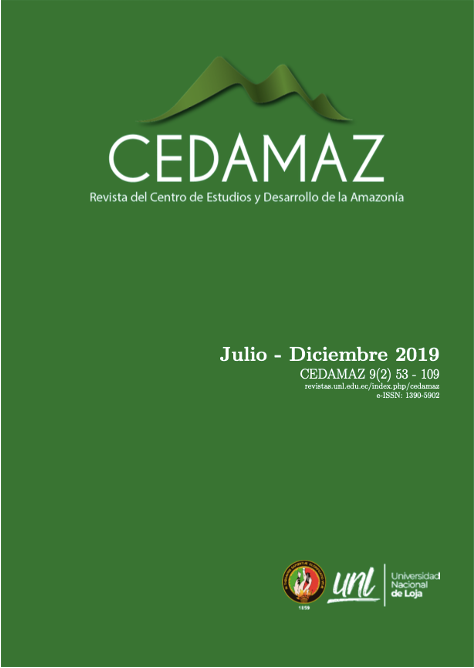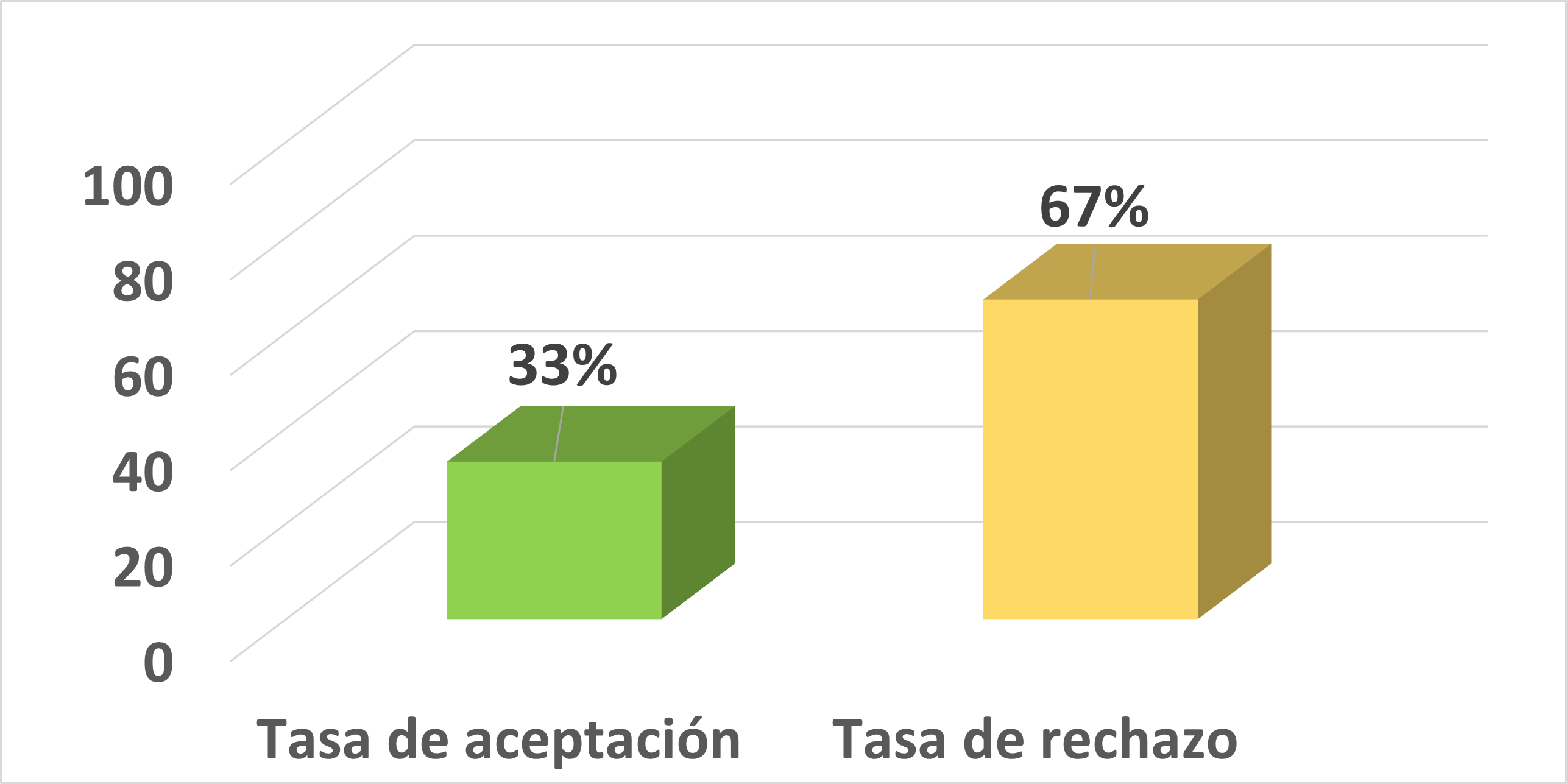Family farming in the Catamayo canton, Loja province
Keywords:
AFC, typification, socioeconomic rationalities.Abstract
Peasant family agriculture (AFC) represents a key and important segment in the economic reactivation of the Ecuadorian rural sector; it constitutes a strategy for food security, generation of agricultural employment, poverty alleviation, and conservation of natural resources and ancestral knowledge. In order to characterize the AFC in Catamayo canton, investigations of public and private institutions, as well as technical reports from INEC and MAG were reviewed, and 120 surveys were applied to family nuclei. The typology of peasant families was based on the Apollin and Eberhart methodology; Echenique’s criteria were used to identify the types of agriculture; the mode- ling of the agricultural income of the farms was carried out based on the annual income of family workers and the area used by the peasant family. According to the study, 34 % of the land is destined for short cycle crops, 13 % annual crops, 6 % mixed orchard type, 40 % natural pastures and 9% forests. 60% of families own the land, they use family and temporary wage labor, traditional technology and ancestral cultural practices. Three types of peasant family agriculture were identified: 65 % subsistence, 35 % transition and 5 % consolidated.Downloads
Published
How to Cite
Issue
Section
License

This work is licensed under a Creative Commons Attribution-NonCommercial-NoDerivatives 4.0 International License.
Those authors who have publications with this journal, accept the following terms:
- After the scientific article is accepted for publication, the author agrees to transfer the rights of the first publication to the CEDAMAZ Journal, but the authors retain the copyright. The total or partial reproduction of the published texts is allowed as long as it is not for profit. When the total or partial reproduction of scientific articles accepted and published in the CEDAMAZ Journal is carried out, the complete source and the electronic address of the publication must be cited.
- Scientific articles accepted and published in the CEDAMAZ journal may be deposited by the authors in their entirety in any repository without commercial purposes.
- Authors should not distribute accepted scientific articles that have not yet been officially published by CEDAMAZ. Failure to comply with this rule will result in the rejection of the scientific article.
- The publication of your work will be simultaneously subject to the Attribution-NonCommercial-NoDerivatives 4.0 International (CC BY-NC-ND 4.0)









